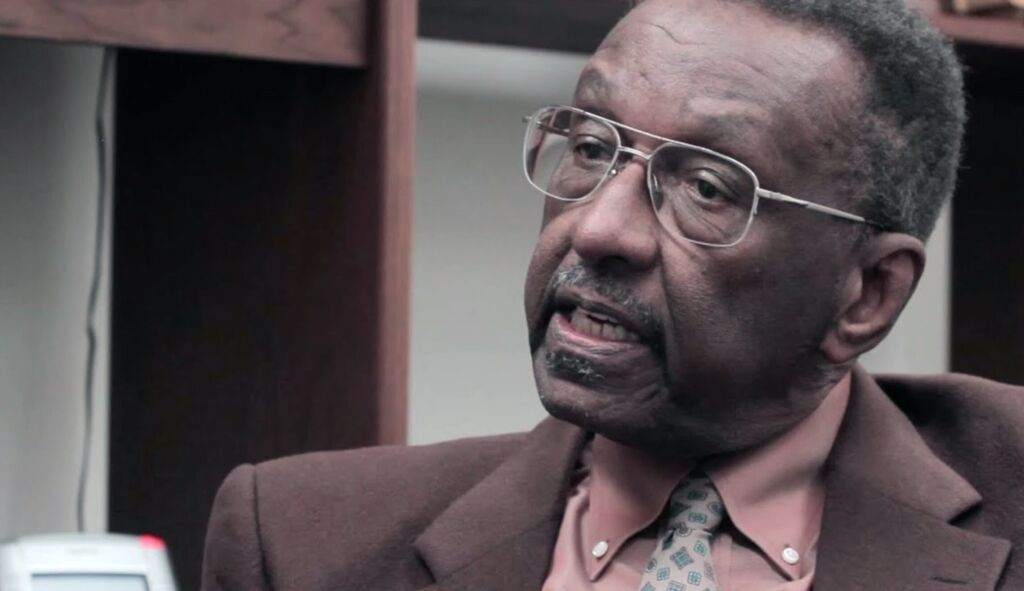Walter Williams on the Founding Fathers
As Americans celebrate Independence Day, there is renewed debate about the nature of that independence and of the men who declared it. The column below from the late Walter Williams was originally published in 1993, but it remains relevant and informative today.

When expressing admiration for the wisdom of our Constitution’s framers, I sometimes encounter derisive responses such as, “Some were slave owners,” “They made blacks three-fifths of a person,” and “They condoned slavery.” Thus, the implied conclusion is that we shouldn’t respect these dead white men. Let’s evaluate this misinformation that’s become a part of the regular curriculum in too many of today’s high schools and colleges.
Thomas Jefferson’s first draft of the Declaration of Independence charged that “[the king of Britain] has waged a cruel war against human nature itself, violating its most sacred rights of life and liberty in the persons of distant people who never offended him, captivating and carrying them into slavery in another hemisphere.” In 1764, James Otis of Massachusetts said, “The colonists are by the law of nature freeborn, as indeed all men are, white or black.”
Other founders expressed similar antislavery sentiments. Thomas Paine: “And when the Almighty shall have blessed us and made us a people, then may our first gratitude be shown, by an act of of continental legislation which shall put a stop to the importation of Negroes for sale, and in time procure their freedom.” John Adams: “I have, through my whole life, held the practice of slavery in abhorrence.” Benjamin Franklin: “Slavery is an atrocious debasement of human nature.” George Washington: “There’s not a man living who wishes more sincerely than I do, to see a plan adopted for the abolition of [slavery].” James Madison: “[Southern laws have] degraded slaves from the human rank. It was a barbarous policy.” Alexander Hamilton: “Their [blacks’] natural faculties are probably as good as ours. The contempt we have been taught to entertain for the blacks makes us fancy many things that are neither founded in reason or experience.” Jefferson, however, believed blacks were inferior but said, “Whatever may be the degree of talent it is no measure of their rights. Because Isaac Newton was superior to others in understanding, he is not therefore lord of the person or property of others.”
In 1787, the framers of the Constitution were faced with a serious dilemma – a choice between union or disunion. Slavery opponents chose union. They felt slavery would continue with or without the Constitution. The question was whether there would be a future for liberty. It was slavery’s opponents who succeeded in restricting the political power of the South by allowing them to count only three-fifths of their slave population in determining the number of congressional representatives. The three-fifths of a vote provision applied only to slaves, not to free blacks in either the North or the South.”
“The truth about our history is vital to the preservation of our liberty,” Williams concludes. “If your high schooler or college kid is taking early American history, give them some facts they otherwise won’t learn.” That advice is more relevant now than ever.
This article and many others can be found in Do the Right Thing: The People’s Economist Speaks.